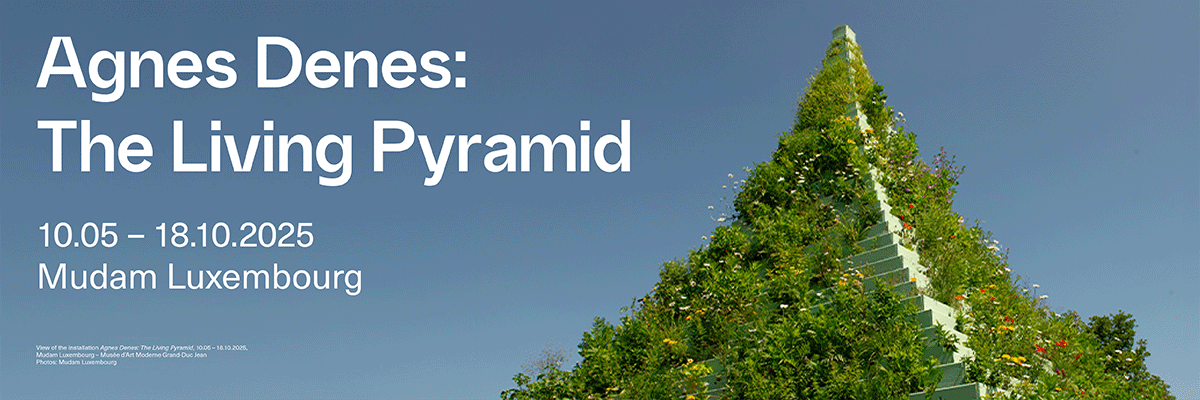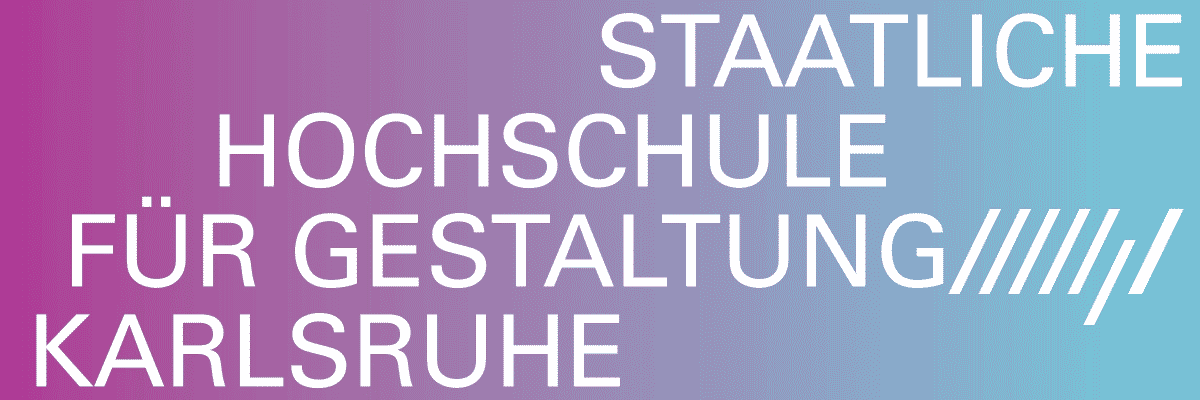
Nicholas Warburg
Grand Hotel Abgrund, Vollpension
Nicholas Warburg/ Grand Hotel Abgrund, Vollpension/ Exhibition view
Advertisement
Nicholas Warburg, „1945“, 260 x 360 cm, Öl auf Leinwand, Künstlerrahmen
Nicholas Warburg, „Abgrund“, 15 x 15 x 13 cm (Edition von 8 + 1 AP), geprägte Seife, Schale
Nicholas Warburg, „Abgrund“, 15 x 15 x 13 cm (Edition von 8 + 1 AP), geprägte Seife, Schale
Nicholas Warburg/ Grand Hotel Abgrund, Vollpension/ Exhibition view
Nicholas Warburg, “Barschelwanne”, Badewanne, Modelleisenbahn + Video, 230 x 170 x 77 cm
Nicholas Warburg/ Grand Hotel Abgrund, Vollpension/ Exhibition view
Nicholas Warburg, „Ehen in Gummersburg“, 120 x 56 x 56 cm, Mixed Media

Nicholas Warburg, „Vergangenheit, die nicht vergehen will“, 169 x 127 x 27 cm, Laserdruck auf Papier, Holzregal
Nicholas Warburg/ Grand Hotel Abgrund, Vollpension/ Exhibition view
Nicholas Warburg „XY ungelöst“ 200 x 170 cm Öl auf Leinwand, Künstlerrahmen
Nicholas Warburg/ Grand Hotel Abgrund, Vollpension/ Exhibition view
Nicholas Warburg/ Grand Hotel Abgrund, Vollpension/ Exhibition view
Nicholas Warburg, „Der aus dem Abgrund fiel“, 160 x 77 x 75 cm, gefliestes Urinal, Sektfalschenspringbrunnen
Nicholas Warburg, “Barschelwanne”, Badewanne, Modelleisenbahn + Video, 230 x 170 x 77 cm, Detail

Nicholas Warburg, „Die Sensation des Normalen“, 94x75 cm, Öl auf Leinwand, Künstlerrahmen
Nicholas Warburg/ Grand Hotel Abgrund, Vollpension/ Exhibition view
Nicholas Warburg, Lecki, 2022, Lackierter 3D-Druck, Buch, 30 x 40 x 20 cm
Nicholas Warburg/ Grand Hotel Abgrund, Vollpension/ Exhibition view
Nicholas Warburg, „Ornament und Verbrechen“, 80 x 40 x 2 cm, Spiegel, Gold
In his new book about Rainer Werner Fassbinder, Ian Penman, the legendary music critic from post-punk London, writes that there was a moment in the late 1970s when West Germany was the “melting pot” of all things interesting at the time be: “Music, art, film, politics, unfolding tragedy, contested liability”. It was the time when Jörg Fauser wrote his novels and Marie-Luise Scherer wrote her Spiegel reports about the “tremendous” everyday life of the Federal Republic, when the RAF drama was approaching its climax, Aktenzeichen XY ungelöst , the first true crime series in the world, achieved its highest ratings and Fassbinder made his films trained on the noir of Douglas Sirk.
A more concentrated piece of BRD noir has never been produced than the short sequence that Fassbinder contributed to the episodic film Deutschland im Herbst in the bitterly cold winter of 1977/78, in which you can watch him sweating, chain-smoking, mostly naked in His Munich apartment, wallpapered in nicotine tones, humiliating his lover, discussing relapse into fascism with his mother and flushes his cocaine supply down the toilet because he fears that he will be stopped by the police as a “sympathizer”. However, the genre is at least as old as Adorno’s Minima Moralia, a book that had the undead wandering through the post-apocalyptic landscapes of late capitalism in the 1950s - for the sixty-eights a moral image of the young Federal Republic, although it was actually set in the Los Angeles of Raymond Chandler and Philip Marlowe. West Germany had everything a film noir required: a primal crime in which not just a few but everyone was implicated, a climate of repression, and an economic miracle whose ebb left a painful hangover in the 1970s.
Today, more than two generations later, the sensibility of BRD Noir determines Nicholas Warburg’s view of the old Federal Republic. Born in 1992, Warburg never experienced this country himself - like Fassbinder did with National Socialism. Jürgen Bartsch, the “fairground murderer” who we meet in his show as a bath mat, he knows from a TV documentary from his childhood; the shudder that Eduard Zimmermann’s nasal voice caused, only from historical distance. Perhaps it is from this fact that his neo-noir derives its carefree approach to the unease in the Suhrkamp culture even more head-on than Martin Kippenberger, who in 1984, with the best will in the world, could not discover a swastika, while Warburg recognizes the abyss of the past in every soap dish. The hotel room that he set up for the exhibition resembles one of the oppressive interiors in which Fassbinder locked his protagonists in order to let them act out the damage to the West German soul. In Warburg’s case, this soul is still unredeemed.
Philipp Felsch




